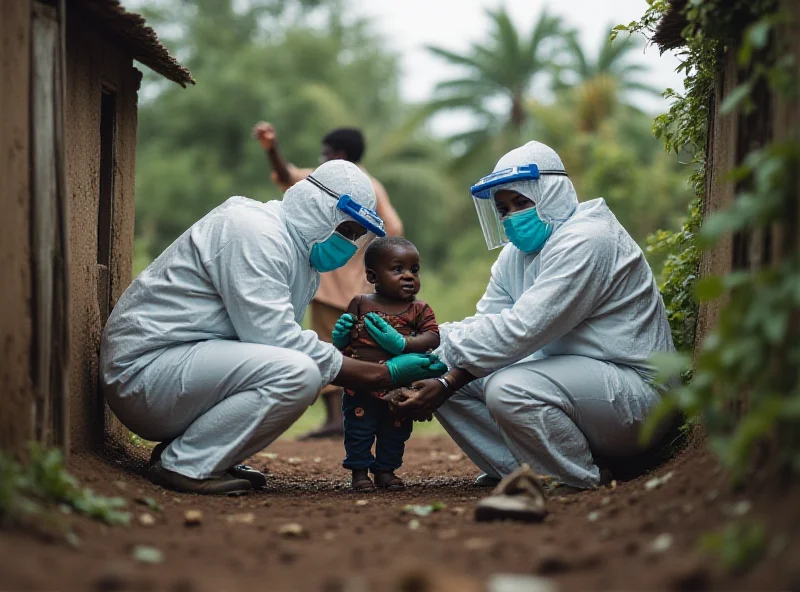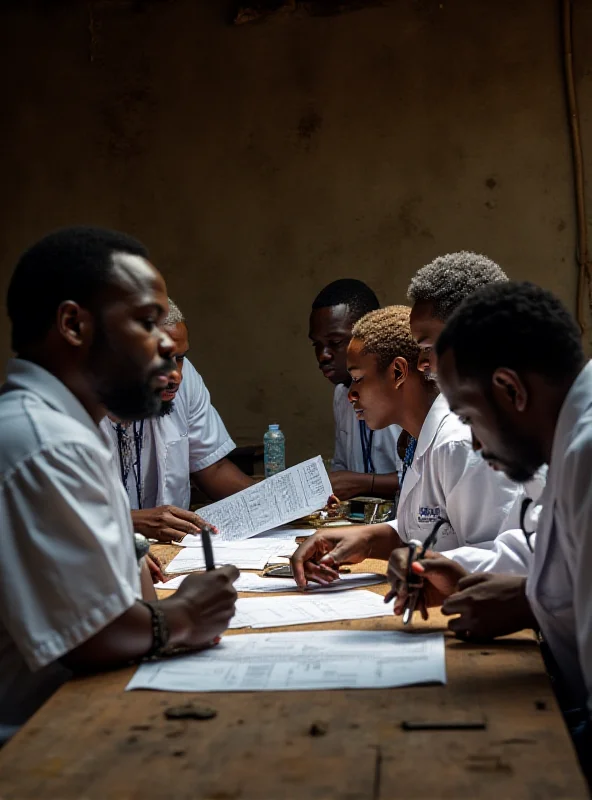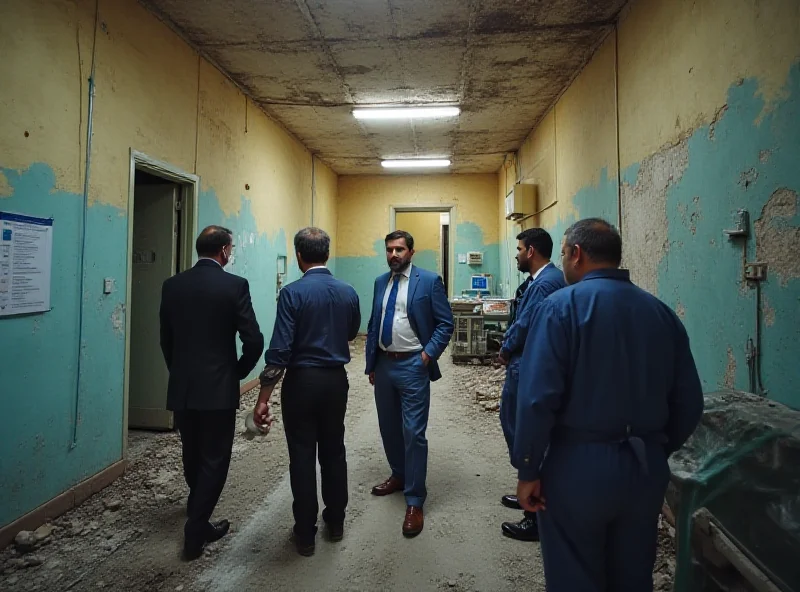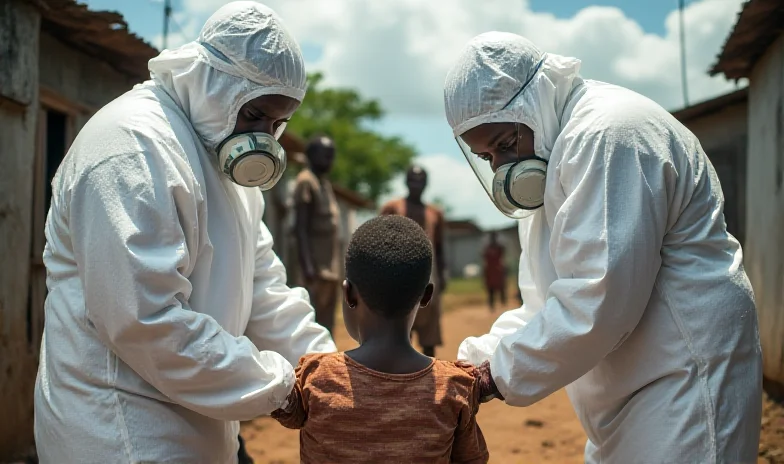The global health landscape is facing renewed challenges, with concerning developments emerging in both the Democratic Republic of Congo and Syria. From outbreaks of known viruses to mysterious illnesses and assessments of healthcare facilities, the situation demands attention and coordinated action.
Ebola's Lingering Scars in Liberia
A decade after the devastating Ebola outbreak that claimed over 11,000 lives between 2013 and 2016, the scars of the virus remain palpable, particularly in Liberia, one of the world's poorest nations. The Ebola virus, first identified in 1976 in the Democratic Republic of the Congo, has caused approximately 40 outbreaks. For the survivors, the ordeal continues with lasting physical and mental health challenges.
While efforts have been made to improve healthcare infrastructure and response mechanisms since the outbreak, the long-term impact on affected communities is a stark reminder of the need for sustained support and vigilance. 
Mpox Outbreak and a New Variant
The Democratic Republic of Congo is currently grappling with another health threat: the mpox virus. Over 2,000 cases have been reported since the beginning of the year, raising concerns among health officials. Experts are particularly worried about the emergence of a new variant, clade 1b, which is believed to be highly transmissible.
“The rapid spread of mpox underscores the importance of early detection, contact tracing, and vaccination campaigns,” says Dr. Alain Ilunga, a Congolese epidemiologist. “We need to act swiftly to contain this outbreak and prevent further spread."
Mysterious Deaths and Conflicting Explanations
Adding to the health woes in Congo, a recent outbreak of an unknown illness has resulted in the deaths of 60 people. The cause of the illness remains a mystery, with the World Health Organization (WHO) suggesting a possible mass poisoning event. However, local African experts suspect a more common, yet unidentified, cause.
The conflicting explanations highlight the challenges in accurately diagnosing and responding to health emergencies in resource-constrained settings. Further investigation is crucial to determine the root cause of the deaths and prevent future occurrences. 
Assessing Healthcare in Syria
Beyond Africa, the Italian Ambassador to Damascus, Stefano Rafagnan, recently visited the Sham Al-Jarahi Hospital in the Dana area north of Idlib, Syria, accompanied by a delegation from the WHO. The visit aimed to assess the service conditions and identify areas for improvement in the war-torn region.
The ongoing conflict in Syria has severely impacted the country's healthcare system, leaving many hospitals and clinics struggling to provide adequate care. International support and collaboration are essential to rebuild and strengthen the healthcare infrastructure in affected areas. 
These concurrent health concerns in Congo and Syria underscore the interconnectedness of global health and the importance of international cooperation in addressing emerging threats and supporting vulnerable populations.
